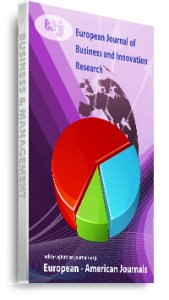The significance of human capital as a determinant of firm performance is gaining recognition in the strategic management literature. The need for relating employee talent to a firm’s competitive advantage is continuing to develop and to gain recognition as a driver in generating competitive advantage. Many firms have explicitly embraced competitive strategies to gain and maintain a lead in their industries. In all the competitive strategies firms have engaged in, human capital has been the driver of competition. This study endeavoured to empirically test the effects of human capital and especially innovation and operational efficiency on competitive advantage in a very dynamic industry of food and beverage. The study sought to answer the following research question: What are the effects of human capital (in innovative adaptation and dynamic operational efficiency) on firms’ ability to attain sustainable competitive advantage within the F & B companies in Kenya? This research entailed a descriptive study design. The study was concerned with describing the characteristics of a unique group of food and beverage firms and their competitiveness. The study concluded that Kenyan firms in the food and beverage industry highly regard human capital as a major contributor to sustainable competitive advantage. The study established that internal processes largely rely on how capabilities are harnessed for competitive advantage.
Keywords: : Human Capital, Competitive Advantage, Innovation, Operational Efficiency

